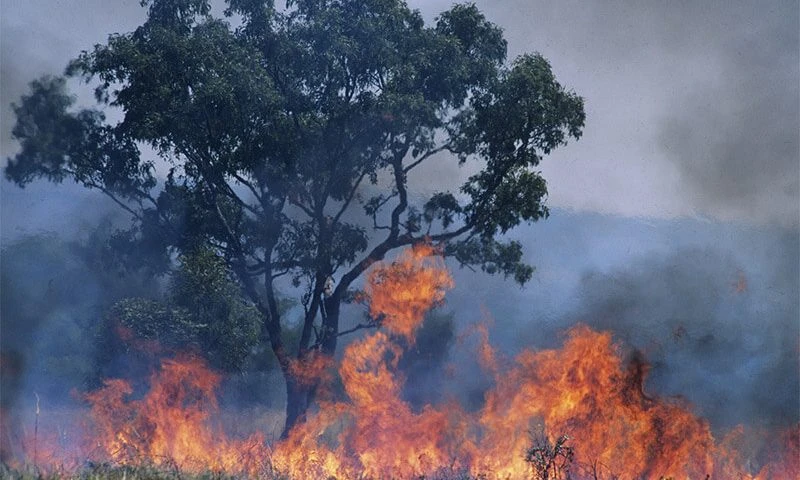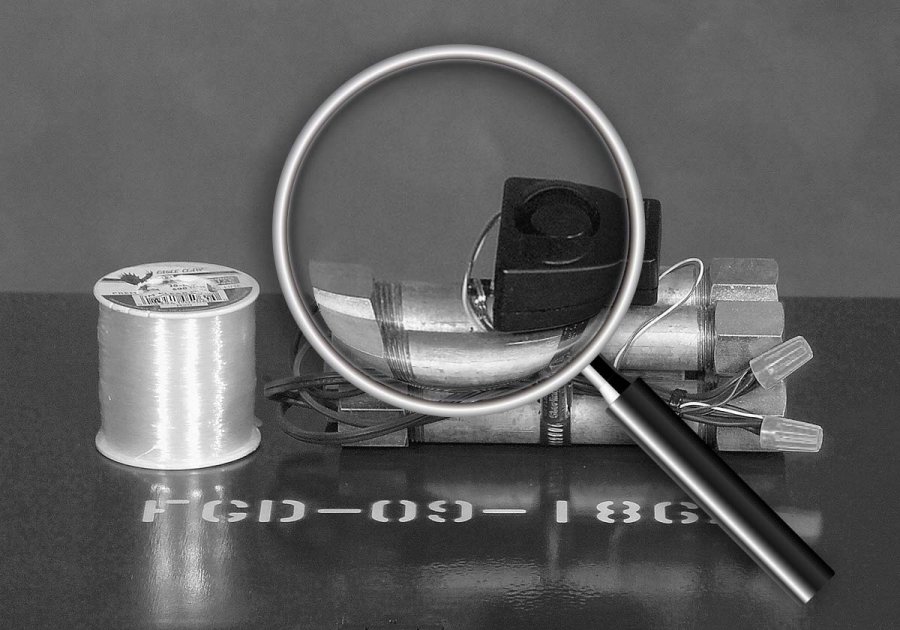Charity scams are preying on generous citizens after hundreds are left homeless in South Australia’s Adelaide Hills following a weeklong struggle with bushfires, warns the Australian Competition and Consumer Commission and SCAM Watch.
Michael Scahaper from the ACCC told Channel 7’s Sunrise program that, “at times like this Australians are great at rallying around; and it’s important to give but also to make sure you’re giving to the genuine article.”
“Unfortunately we’re seeing a few reports coming in already about scammers posing as charitable causes and we want to make sure Australians know that when they give they’re not being conned at the same time,” he told hosts Andrew O’Keefe and Samantha Armytage.
The ACCC received “more than 600 reports (of charity scams) from Australians right around the country” last year, he said. Adding that a staggering $400,000 was reported lost through appeals and charity fraud. “That’s a lot of money lost but it’s also money that doesn’t go to real charities that could use it.”
You can watch the interview on the Sunrise website here: http://bcove.me/lda8j0ss
Keeping your eyes open for fake fundraisers.
It’s always great to give to charity, but it’s important that when donating you ensure you’re dealing with a legitimate fundraiser. Fake fundraisers, or charity scams, will manipulate public generosity and devastating circumstances for their own gains. Donating to an unregistered charity means there’s no guarantee your money is going to those people who have been affected by a crisis.
The Australian Charities and Not-For-Profits Commission
The Australian Charities and Not-For-Profits Commission has an online database of over 60,000 registered charities. The ACNC register is free and simple to use for anyone wanting to know if a potential charity is legitimate.
The ACNC Register can be found here: ACNC Register
You can also head over to the SCAM Watch website: http://www.scamwatch.gov.au/. Here you’ll find regular updates on appeals and charity scams reported across the country.
How do charity scams work?
The nature of charity scams has changed significantly with social media, email and fake websites surpassing door knocking and letter drops. However fundraising fraudsters may:
- Approach you on the street or at home, pretending to collect for a legitimate charity or appeal effort.
- Host fake websites, social media accounts or send letters similar to those you’d receive from genuine charities.
- Use phone calls or emails soliciting for donations.
Warning signs their fundraising is fake:
- Requests for donations through email tend to be dubious. Check the charity name and ABN through the ACNC Register first and double-check the phone number and website.
- If a donation collector approaches you on the street make sure you check their identification badge. If the collector can’t provide you with details such as the charity’s registered name, licence number, address or phone number it’s best to walk away and report their presence to SCAM Watch.
- If a charity collector gets defensive when it comes to answering questions about how your donation will be spent, whether they are paid or a volunteer, and to what causes the charity is associated with, again, it’s best to walk away and report their location.
- If your offer to make a donation by cheque is refused, the charity only accepts cash donations or collectors request cheques are made out to an individual as opposed to a registered charity name it’s likely you’re dealing with a fraudster.
- Don’t give to any charity claiming that can’t provide you with a receipt.
- Do not give to any charity asking for a direct money transfer online.
Donating safely:
- New charities will appear from time to time, but ensure you check their name and ABN on the ACNC Register.
- If you’re approached by someone claiming to be from a well-known charity ensure details like the web address, office address, phone number and ABN match up across their online and paper documentation.
- Approach charity organisations directly through their official website or phone hotline.
- If you come across a website URL or online content including spelling or grammatical errors, or one not registered with a “.org.au” domain, report them to SCAM Watch.
- Simply do not respond to unsolicited emails.
- It’s also best to avoid social media campaigns asking for donations.
- If you do make a donation using your credit card make sure you monitor your statements and check for discrepancies.
- Always request a receipt.
It’s important to not let fundraising fraudsters turn you off from donating to charities. Simply do your research. Contact legitimate organisations and check with the local consumer protection agencies before making your contribution.
If you’re looking for a team of experts to conduct an investigation into scams or fraud contact Lyonswood Investigations and Forensics Groups on 1300 438 776.


